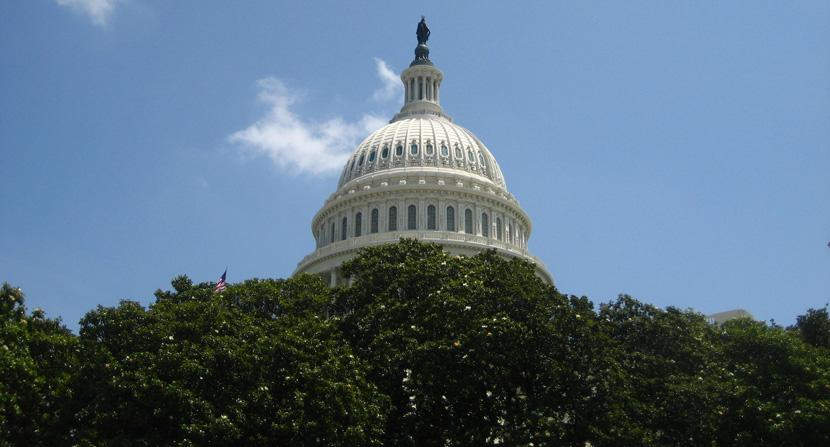- Tags:
- Advocacy,
- Working Forests,
- Forestry

(Photo: Kyle Rush, Flickr Creative Commons)
Amidst concerns about the capacity of the U.S. Forest Service (USFS) to continue the on-going vital research on forest ecology and management at the Bartlett and Massabesic Experimental Forests, the Forest Society joined with the New Hampshire Timberland Owners Association and the Maine Woodland Owners to urge the USFS to sustain the operations there.
Formally established in 1932, the Bartlett Experimental Forest is part of a system of 84 Experimental Forests and Ranges administered by the USFS. The agency describes it as the largest and longest-lived ecological research network in the United States. It the center for long-term science and management studies in most major vegetation types of the United States. This report commemorating the 75th anniversary of the Bartlett Experimental Forest provides additional information about Bartlett. The Massabesic E.F. in southern Maine was established in the early 1940s as an Eastern White Pine Research Forest.
The joint letter from the Forest Society and our partners notes the length of time these areas have been in operation, over 90 years in the case of Bartlett. Their focus on studying issues related to silviculture, forest habitat, carbon management, and forest response to a changing climate makes them especially unique.
The concern is that the agency will stop or limit this work even while the forests in the northeast continue to face threats from climate change, invasives and other challenges.
We urge readers to also contact the USFS to ask the agency to continue the long-term and peer-reviewed research at both these centers.
The contacts at the USFS are:
- Cynthia West, Northern Research Station Director
- David Lytle, Deputy Chief of Research in the Washington Office
- Angela Coleman
